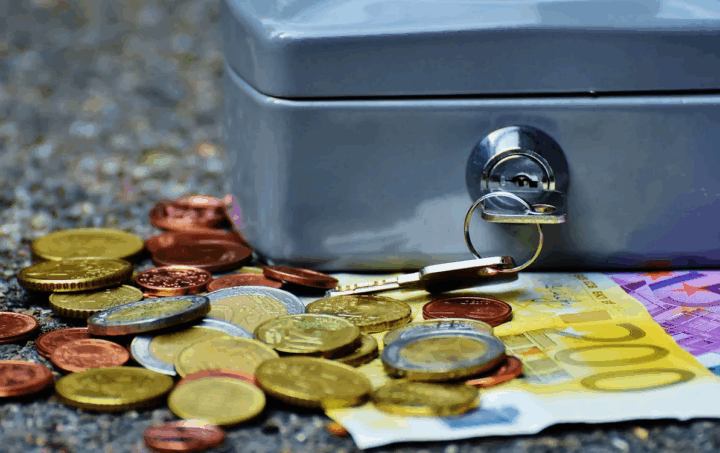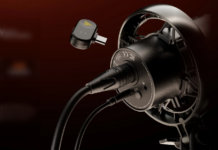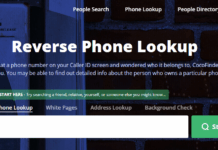 When times get tough, many people start asking a simple question: Where should I keep my money? Is it safer to hide it at home in cash, or trust the bank with it? This isn’t just an old-school debate — it’s a real concern in countries facing inflation, war, or banking problems.
When times get tough, many people start asking a simple question: Where should I keep my money? Is it safer to hide it at home in cash, or trust the bank with it? This isn’t just an old-school debate — it’s a real concern in countries facing inflation, war, or banking problems.
For those thinking long-term, some even go further by learning how money moves around the world, like through currency markets. Many become an introducing broker, partnering with trusted trading platforms to guide new users and earn commissions. Programs like AvaPartner allow you to act as an introducing broker by referring clients to forex services and getting rewarded when they start trading.
But before you go global with your money knowledge, let’s answer a basic but important question: where should you store your savings during uncertain times?
Option 1: Cash at Home
Some people feel safer keeping their savings where they can see them — under the mattress, in a safe, or hidden in a secret corner around the house.
Pros:
- Always available, even if banks close or ATMs stop working.
- You don’t depend on electricity, internet, or systems to access it.
Cons:
- No interest — money doesn’t grow.
- Risk of theft, fire, or even forgetting where it’s hidden.
- Cash can lose value fast if inflation rises.
According to Wikipedia, physical cash is still widely used in emergencies, but it’s not the best long-term tool for protecting your wealth.
Option 2: Bank Account
Keeping money in the bank may not feel exciting, but it has big advantages, especially when the bank is stable and insured.
Pros:
- It’s safer than hiding cash at home.
- You can earn a small interest in savings accounts.
- Easier to send money or pay bills online.
Cons:
- Not helpful if the bank freezes your funds or limits withdrawals.
- In unstable countries, banks may collapse or devalue deposits.
- Interest might be too low to beat inflation.
In many countries, banks are backed by insurance (like FDIC in the U.S.), which protects your money up to a limit. You can read more about it on Wikipedia – Bank account.
What About Foreign Currency?
During crises, local money may lose value fast. That’s why people often exchange it for more stable currencies like US dollars or euros. Some keep it in cash, others open multi-currency accounts, or even use digital wallets.
If you’re interested in how currencies behave and want to turn that knowledge into income, becoming part of a forex affiliate program like AvaPartner can be a smart step. You share trading platforms, and when someone joins or trades through your link, you earn commission. It’s not storage — it’s opportunity.
So, What’s the Best Strategy?
In reality, the answer depends on your situation:
- If your country is at risk of banking collapse: Keep some emergency cash at home — just enough for 1–2 weeks of basic needs.
- If banks are stable and insured: Use them for most of your savings. Spread funds across accounts if needed.
- If your local currency is weak: Convert part of your savings into stronger foreign currencies or store it in multi-currency accounts.
Many financial advisors suggest the “rule of thirds” in crisis times:
- Keep one-third of savings in cash at home.
- Put one-third in a safe bank account.
- Use one-third for long-term options (gold, foreign currency, or low-risk investments).
Final Thought
Crisis or not, your money should work for you, and not just sit and wait. Hiding cash at home feels safe, but only for short-term needs. Banks add security and convenience, but they’re not perfect either. A smart mix of both gives you freedom, flexibility, and peace of mind.
And if you’re ready to take your knowledge further — or help others do the same — joining a forex affiliate program could open a new door. In a time when every dollar counts, turning skills into income is just as important as keeping your savings safe.


















